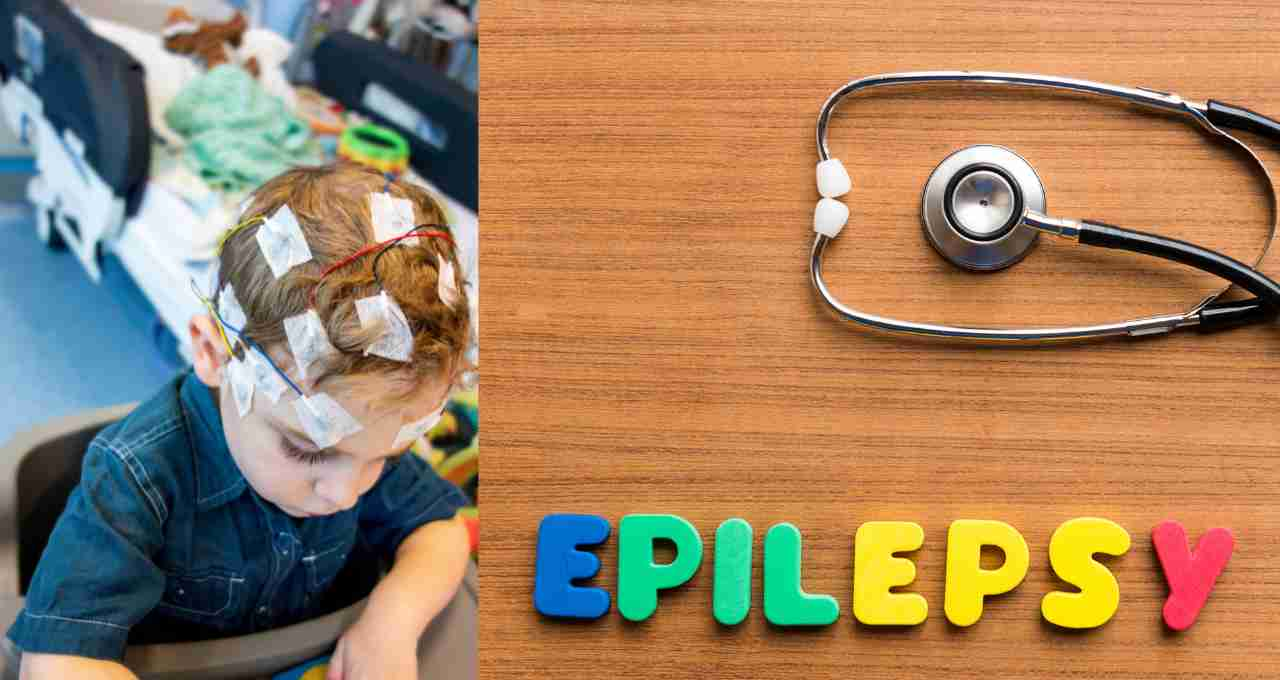Epilepsy is not always genetic, but if parents have this condition, the risk for children increases slightly. According to experts, if one parent has epilepsy, there is a 5-10% risk for children, whereas in general families, this is only 1% or less. With proper treatment and timely check-ups, it can be managed.
Epilepsy: Epilepsy is a neurological disorder in which the electrical activity of the brain becomes abnormal, causing seizures in the patient. There is a common misconception that it is always transferred from parents to children, but doctors say this is not always the case. If a mother or father has epilepsy, the risk for children can increase by 5-10%, and the risk is even higher if both parents have it. In families without a history of epilepsy, this risk is less than 1%. With timely treatment and medical advice, this condition can be controlled to a large extent.
What Causes Epilepsy
Epilepsy is essentially a brain-related problem. In this condition, the electrical activity of the brain suddenly becomes abnormal. When this happens, the patient experiences seizures. These seizures can last from a few seconds to several minutes. The patient may suddenly lose consciousness or experience body jerks. Epilepsy can occur due to many reasons, including genetic factors.
Is Epilepsy Genetic

The most common question in people's minds is whether epilepsy is directly passed from parents to children. Neurosurgeon Dr. Daljit Singh explains that this is not always necessary. If someone in the family has epilepsy, the risk for children may increase slightly, but this does not mean every child will develop epilepsy.
What is the Risk in Children
If one parent has epilepsy, the risk for a child increases by 5 to 10 percent. If both parents have had epilepsy, the risk for the child can increase further. On the other hand, in families where this condition is not present, the risk of a child developing epilepsy is only 1 percent or even less. This means it would not be accurate to say that if parents have epilepsy, their child will definitely have this disease.
How Serious Can Epilepsy Be
Epilepsy is treatable, but often patients or their families discontinue treatment midway. The biggest reason for this is that the treatment is long-term. When patients stop medication in between, the condition can become serious. Such patients may experience sudden unconsciousness, memory problems, and continuous seizures. Experts say that as soon as symptoms of epilepsy appear, the patient should see a doctor immediately.
Non-Genetic Causes of Epilepsy

Sometimes epilepsy can occur due to reasons other than just genetics. These include:
- Brain injury at birth.
- Infections like meningitis.
- Brain tumors.
- Stroke or severe head injury.
- Abnormal development of brain blood vessels.
These reasons can also cause epilepsy in a patient, even if there has been no history of this condition in the family before.
Treatment and Awareness are Necessary
Many misconceptions about epilepsy still exist in society. Many people associate it with ghosts or supernatural remedies and take patients for spiritual healing. Doctors say that doing so wastes the patient's time and can worsen the condition. With proper and regular treatment for epilepsy, a patient can lead a normal life.
What to Do About Increasing Risk in Children
If there are existing cases of epilepsy in the family, parents are often worried about their children's health. In such cases, consulting a specialist neurologist is best. Genetic counseling can also be sought if needed. This helps in understanding the risk of the disease in the upcoming generation and how it can be managed.















